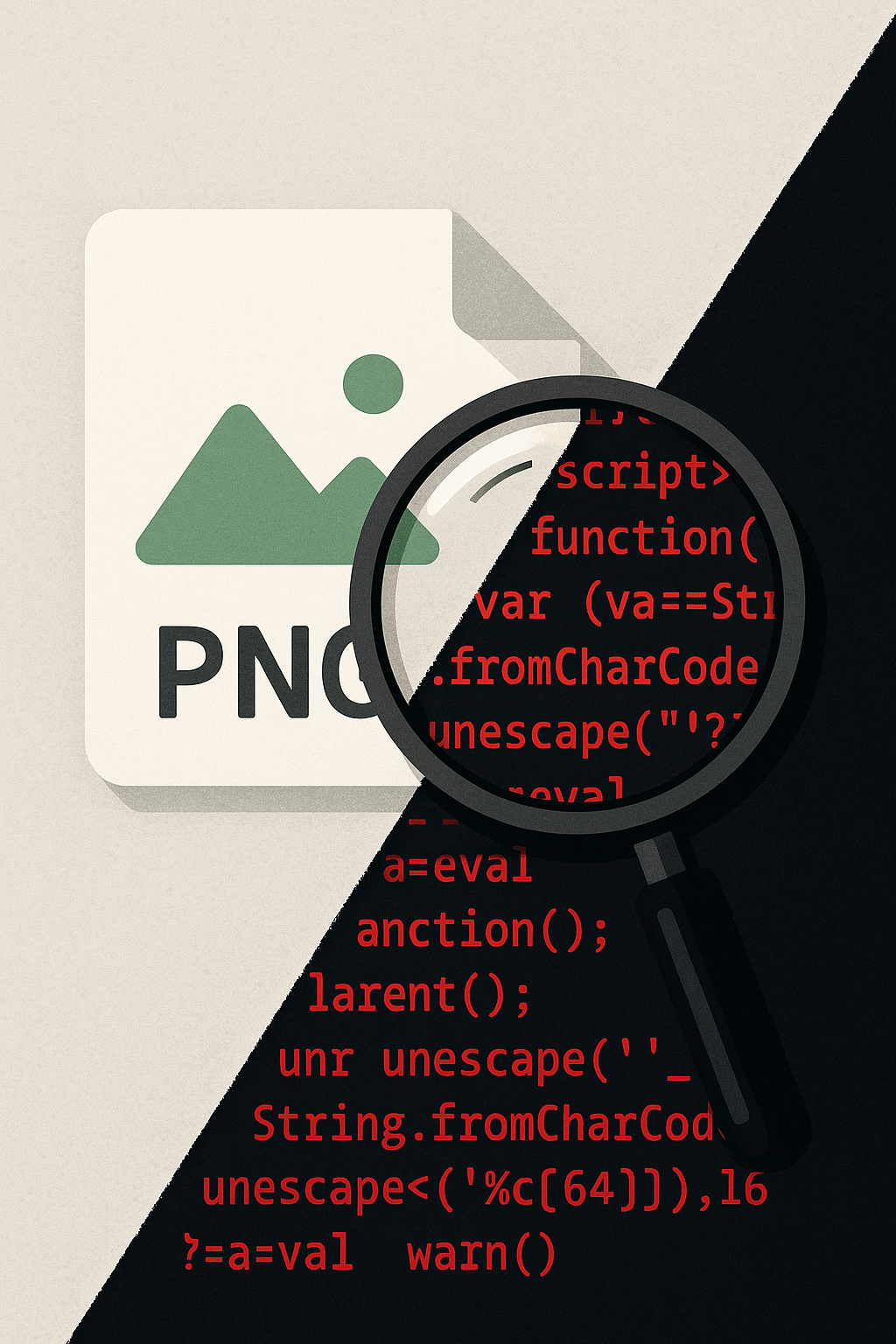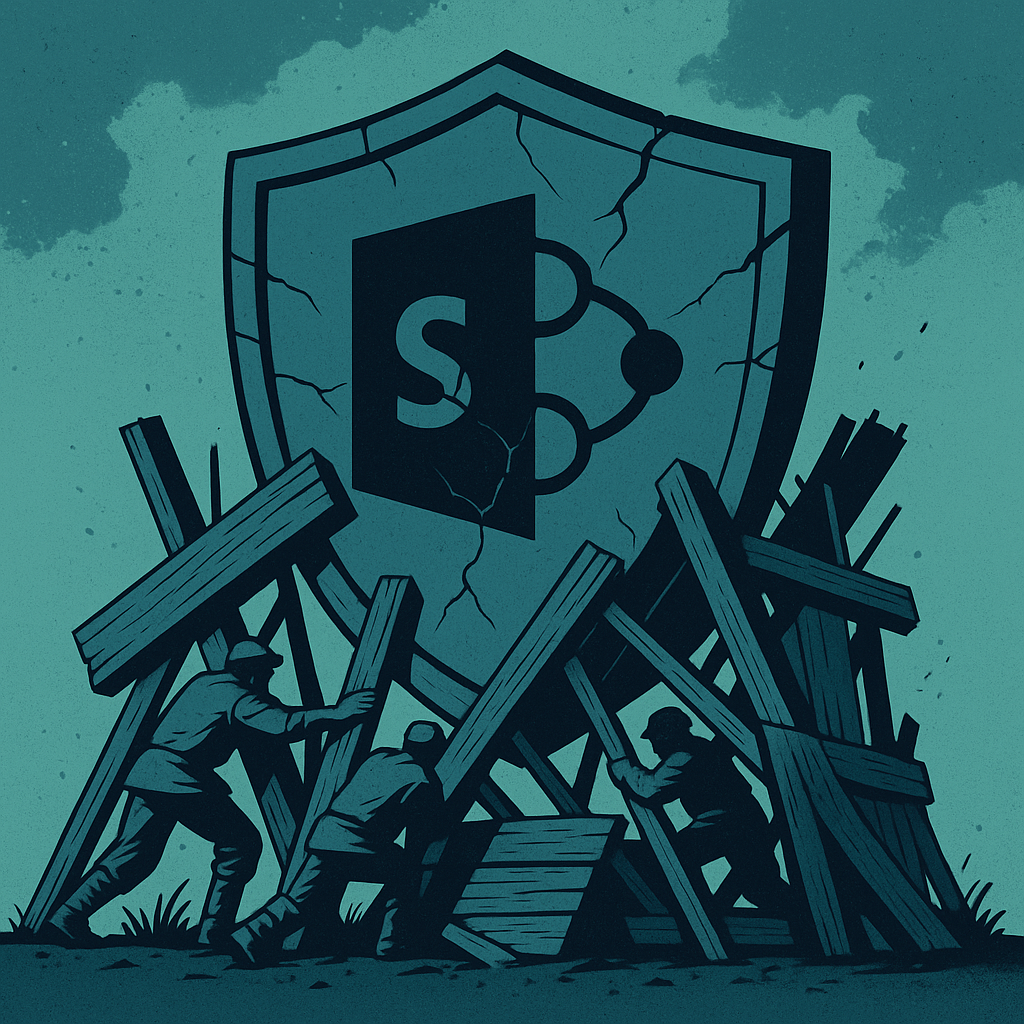By: Derek Odiorne
The food and beverage industry, like many other sectors, is increasingly relying on digital technology to improve operations, manage supply chains, and enhance customer experiences. However, this digital transformation also introduces new cybersecurity risks. Leveraging AI and machine learning (ML) for enhanced cybersecurity can be a game-changer for the industry. This blog post explores the role of these technologies in detecting and preventing cyber threats, as well as the benefits and challenges of their implementation.
Role of AI and Machine Learning in Detecting and Preventing Cyber Threats
AI and ML technologies have revolutionized the approach to cybersecurity by enabling more proactive and sophisticated threat detection and prevention mechanisms. Here are some key ways these technologies are utilized:
-
Anomaly Detection: AI and ML algorithms can analyze vast amounts of network traffic data to identify patterns and detect anomalies that may indicate potential cyber threats. By continuously learning from new data, these systems become more adept at distinguishing between normal and suspicious activities.
-
Automated Threat Response: AI-powered systems can automate responses to detected threats, significantly reducing the time it takes to mitigate potential attacks. This includes isolating affected systems, blocking malicious traffic, and alerting security teams to take further action.
-
Predictive Analytics: Machine learning models can predict future threats based on historical data and current trends. This proactive approach allows organizations to strengthen their defenses before an attack occurs.
-
Behavioral Analysis: AI can monitor user behavior to detect unusual activities that may indicate insider threats or compromised accounts. By understanding normal user patterns, AI systems can flag deviations that require investigation.
Benefits of Implementing AI and Machine Learning in Cybersecurity
-
Enhanced Detection Accuracy: AI and ML systems can analyze data at a scale and speed that is impossible for human analysts, leading to more accurate threat detection and reduced false positives.
-
Scalability: These technologies can easily scale to handle the increasing volume and complexity of data generated by the food and beverage industry, ensuring robust protection across all digital assets.
-
Cost Efficiency: By automating routine tasks and reducing the need for manual intervention, AI and ML can help organizations save on labor costs and allocate resources more effectively.
-
Real-Time Threat Monitoring: Continuous monitoring powered by AI ensures that threats are detected and addressed in real-time, minimizing the potential damage from cyber attacks.
Challenges of Implementing AI and Machine Learning in Cybersecurity
-
Data Quality and Privacy: The effectiveness of AI and ML systems depends heavily on the quality of the data they are trained on. Ensuring data privacy and obtaining high-quality, relevant data can be challenging.
-
Integration with Existing Systems: Integrating AI and ML solutions with existing cybersecurity infrastructure can be complex and may require significant investment in time and resources.
-
Skill Gap: Implementing and managing AI and ML systems requires specialized knowledge and expertise, which may be lacking in some organizations. This skill gap can hinder the effective deployment of these technologies.
-
Evolving Threat Landscape: Cyber threats are constantly evolving, and AI and ML models need to be regularly updated to keep pace with new attack vectors. This ongoing maintenance can be resource-intensive.
Conclusion
The integration of AI and machine learning into cybersecurity strategies offers significant advantages for the food and beverage industry, from enhanced threat detection to cost efficiencies. However, organizations must also navigate the challenges associated with data quality, integration, and evolving threats. By addressing these challenges and leveraging the power of AI and ML, the food and beverage industry can significantly bolster its defenses against the ever-growing landscape of cyber threats.
Adopting these advanced technologies is not just a matter of staying current; it's about ensuring the resilience and security of the entire supply chain, ultimately safeguarding the industry’s reputation and customer trust.
Subscribe To Our Newsletter
Get updates and learn from the best
More To Explore


